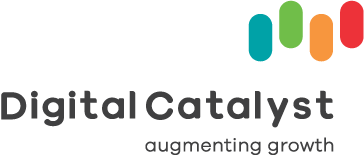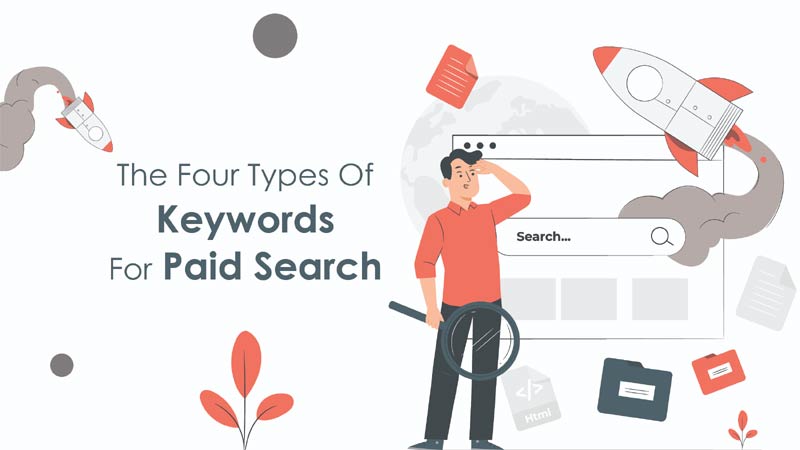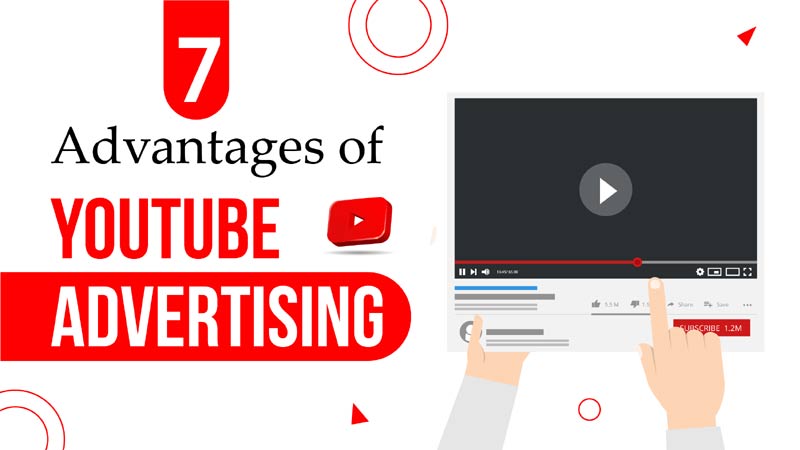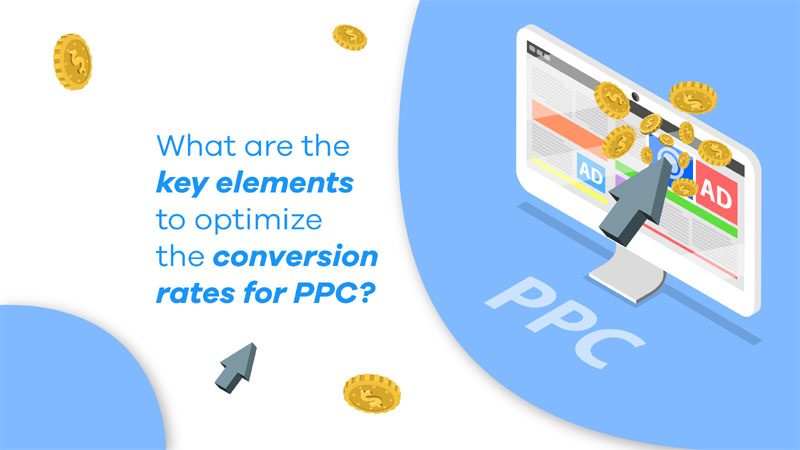Have you ever wondered how successful websites like Google earn money? The answer is through advertising. Advertisers pay big bucks for their ads to be displayed next to relevant content, ultimately increasing the click-through rate (CTR). The more traffic a website receives, the more money is generated. That’s why keywords are essential; they drive traffic.
If you want to make money online or even start a successful website, you must learn to use keywords correctly. Using the right keywords will boost your website, and you can gain more visitors. However, using the wrong keywords might make it more difficult for people to find what they want, decreasing traffic. If they don’t find what they want quickly, they will leave and not return.
Keywords
A keyword is like a word or a phrase that people use to find stuff on Google. People also use keywords for searches outside of Google. Keywords play a key role in helping you find the right audience when you build your website.
To master, understanding these four types of keywords for paid search is critical. The right keywords will allow you to appear in the search queries your target audience uses. When it comes to Paid Search, Google and PPC professionals use three (formerly four) types of keywords. One more very relevant keyword to fully understand is the negative keyword.
Let’s look into the Four types of keywords for Paid Search?
1. Negative Keywords (Selecting those not to target)
Identifying which searches you don’t want your ads to appear for is the first step. If you are advertising a waterfront wedding venue in the middle of the woods, your ad will appear when someone searches for “waterfront wedding venues.” Once your advertisement appears and is clicked, your website visitors will quickly realize that your venue is not near the water, but is surrounded by trees and nature. And they may leave your website forever.
If you add “waterfront” as a negative keyword, your ads will not appear for that search. Additionally, you can add your competitors as a negative keyword if that is not your intention. Checking search terms 2-3 times a week ensures our keywords trigger the right searches. To avoid reusing your negative keyword list in other campaigns, keep a running list of negative terms (like worst or terrible) your business does not serve.
2. Broad Keywords
Many people consider broad keywords as the default keyword type. There is no punctuation around the keywords when you plug the keywords into a campaign. Broad keywords are commonly used by Google and Bing in conjunction with their “smart bidding” campaigns and AI so that they can identify the users’ intent and display your ads to them. In general, broad keywords are the best because they tend to have the lowest cost-per-click and will give you the broadest reach. However, you may be using these keywords for an unrelated purpose.
Keep an eye on your campaigns and create a list of negative keywords as you go. These keywords will be matched to misspellings, synonyms, related searches, words out of order, and anything else Google’s AI determines relevant. However, it would help if you were cautious when choosing broad keywords. It would be best if you were careful not to get irrelevant clicks while they can help you get a lot of clicks.
3. Phrase Match Keywords
Keywords that are surrounded by quotation marks are known as phrase match keywords. Search queries must match a phrase keyword if they contain all the words or at least close variations, in the same order without any words in between, and include additional words before or after.
Misspellings, singular and plural words, acronyms, abbreviations, accents, and other close variants are also present. In the search engine optimization world, consider these as the best keywords because you can use long-tail keywords that indicate a high degree of commercial intent and that the user is closer to making a purchase decision.
4. Exact Match Keywords
Relevance is highest for exact match keywords, but reach is lowest. Only those searches that match the keywords exactly will appear when exact match keywords are put into brackets. Keywords of this type typically have a higher average cost-per-click, but they can be more rewarding for conversions.
All Types of Keywords for Paid Search
| Keyword Type | Description |
|---|---|
| Broad Match | General, Wide Audience |
| Phrase Match | Exact Phrase Sequence |
| Exact Match | Precise Word Order |
| Modified Broad | Specific +General Words |
| Negative | Excludes Search Terms |
| Long-tail | Multi-word, Specific |
| Branded | Company or Brand Name |
| Competitor | Rivals’ Brand Names(with Caution) |
| Local | Geographically Relevant |
Why do these keywords matter in PPC?
People love to search online. Because of this, it makes sense to be on the Internet, delivering information that matches what people are searching for. People who get their first lead, with a person ready to buy, only lose them because they don’t know how to use keywords. The result of that is a missed opportunity for you to make money.
In a PPC campaign, the primary job of your keyword list is to generate conversions. That’s why they’re so important. They are the words that people type into a search engine when they want to find something specific. For example, if you sell shoes online, then you can target keywords such as “women’s shoes,” “women’s leather boots,” “women’s dress shoes,” etc.
Whenever someone types these keywords into Google or other search engines, your ad will show up and hopefully drive some clicks back to your site and ultimately generate conversions for you!
PPC campaigns are all about getting people to click on your ads and visit your website, which means we need to target those keywords that people use when searching for our products/services online!
But how do you know which types of keywords for paid search can convert and which ones aren’t? Keyword performance reports can help you answer this question.
But there’s more to it than just looking at which keywords converted and which ones didn’t. It would also help to look at each keyword’s Click-Through Rate (CTR) and Cost per Conversion (CPC). These are known as Quality Score metrics, and they will tell you whether or not your keywords are performing well concerning their cost per click (CPC).
In partnership with Digital Catalyst, you can implement the appropriate keyword strategies for your business’s growth. The Digital Catalyst is a renowned digital marketing agency based in Hyderabad that has helped many companies deal with their marketing areas to stay ahead of their competitors. You can find more information on the website.




